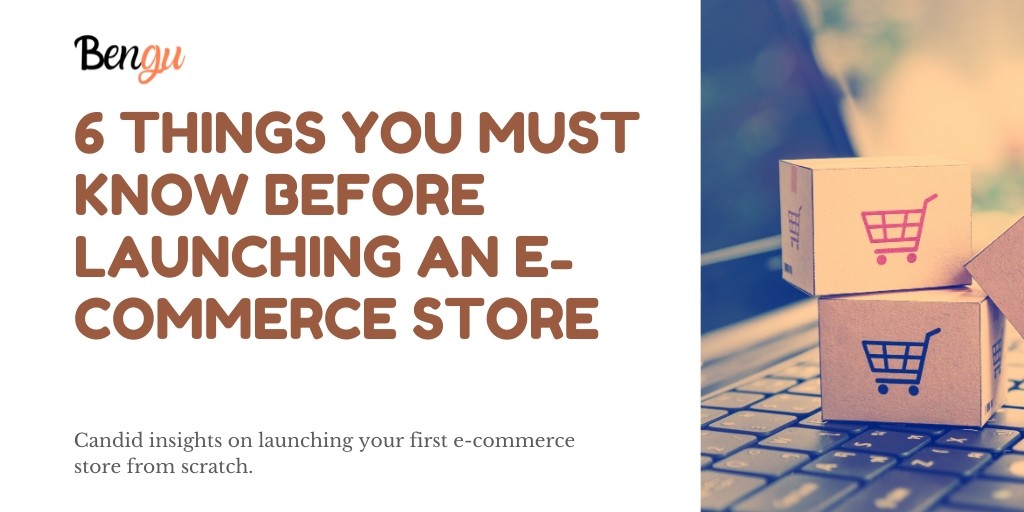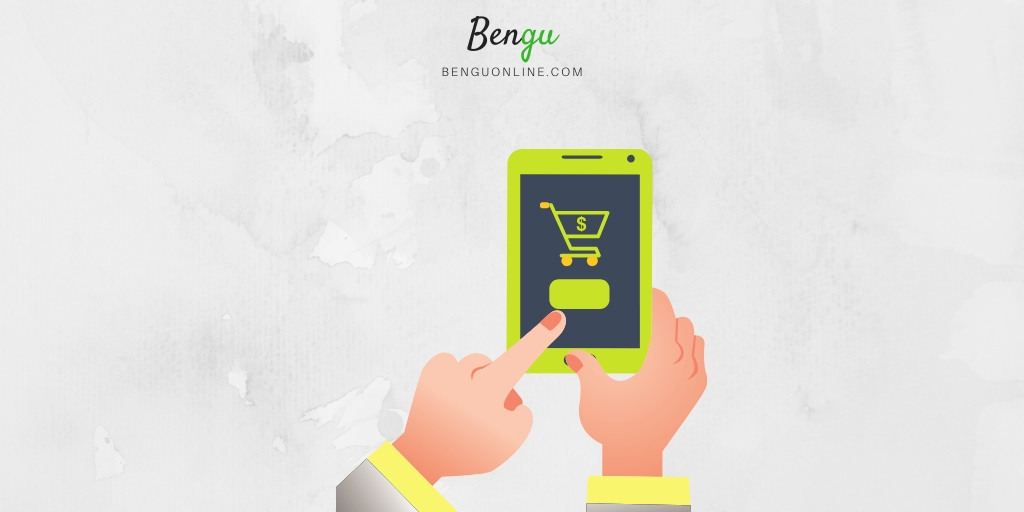Everyone loves the magical world of online retail, right?
Shoppers marvel at its lower prices, huge product lineups, and awesome shipping options. Sellers love the work-from-anywhere convenience and easily-accessed digital promotion methods.
For anyone with entrepreneurial ambition, the world of eCommerce can be a very tempting proposition.
You can work for yourself, keep startup costs down and even go down the passive income route through dropshipping.
What’s not to like?
It certainly sounds better than selling Tupperware door-to-door — but that doesn’t mean it’s easy. If it were, then everyone would do it, and we’d all be getting rich sitting at home in our pyjamas.
Running a successful store online takes a certain type of person — someone with the will to make it work, develop the necessary understanding, and overcome the obstacles.
To that end, we’re going to run through the things you need to know before launching your dropshipping or private-label product store.
Let’s get started!
1. Be prepared for it to fail
Most success stories make eCommerce seem like a guaranteed win.
No physical store to drain your resources, plenty of time to figure things out, a ravenous horde of online shoppers screaming “shut up and take my money” — how could it possibly fail?!
Unfortunately, quite easily.
Many online stores fail outright, and many more just linger without making any meaningful profit.
You can do so much right and still get it wrong because the market you anticipated just isn’t there. Or you screw up your pricing and profit margins.
If you expect to fail with your first attempt, then you won’t be too traumatised if it does happen.
You’ll be better positioned to learn from your mistakes. You also won’t spend huge amounts of time and money trying to bail water from a sinking ship — you’ll just let it sink and start again.
Related: Interested in e-commerce courses? Check out the Amazing Selling Machine Review — one of the flagship courses on the market right now
2. Broad monetization is a winner
An online store is one source of revenue, but you shouldn’t stop there. As we just noted, stores can fail — and even if they don’t, eCommerce profit margins aren’t always great. The more income streams you can create, the better off you’ll be.
And the beauty of eCommerce is that it offers plenty of different ways to make money:
You can establish yourself as a business expert of some kind, charging for consultations and support. Or you could bolster your store with a blog, then monetize that audience through selling branded merchandise.
You can even include affiliate links in your marketing content, allowing you to benefit from it in two ways: pay people to sell your products through your affiliate program, and get paid to sell other products.
3. First impressions matter
When you search for something in Google and spot a site you haven’t seen before, you might check it out.
It could be a great site, after all. So what happens if it loads up and looks like it was straight outta 1999?
You leave, and you never return.
In short, first impressions really matter, especially when it comes to eCommerce.
The owner of a physical store will still attract some measure of foot traffic, even if their store looks like the back-end of a baboon. An eCommerce merchant doesn’t have the same luxury. Bad user experience can put people off your brand forever. According to Sytian Productions (a company providing web design in Philippines) – “Web design is like a window to your business. If you want your customers to stay and interact on your page, your web design has to be 100% ready. You don’t want to confuse people about what you are selling or your brand message.”
4. The mobile shopper is key
It’s important for an eCommerce store to be presentable, but what does that really mean?
In addition to having a pleasing look (with a nice font, complementary colours, tasteful images, plenty of space, etc.), it means having a design that fits the screen being used to access it.
Everyone knows that websites need to be mobile-responsive, but that isn’t enough for a successful store these days.
Instead, it needs to be mobile-first — designed from the outset to look great on mobile screens, with the desktop view given equal importance.
Beyond the design, your store needs to load and run fast.
Mobile data connections can still be sketchy these days, and running fine on a cable connection isn’t good enough. Test on a weak signal that’s 3G or slower — if it can’t load within a second, you’ll have issues with high bounce rates.
5. PPC is fast, SEO is slow
PPC and SEO are two great ways to drive traffic to an online store, but you need to know how to deploy them to make the best of them, and this neatly encapsulates the difference.
PPC is ideal for getting some quick visits:
You can create and start running a campaign in well under an hour, and it can deliver results about as quickly. This makes it perfect for boosting your launch and getting some interest while your brand is still unknown.
SEO is a long-term investment:
Through metadata, marketing content, and great backlinks, you can earn some vital Google rankings that will produce relevant traffic well into the future. But it won’t take effect for quite some time.
Start with PPC, then scale it back when SEO gets results.
If you are looking are SEO, an easy way to track your link building campaigns is through Linkody.
6. Data analysis is your weapon
Every store needs to improve over time. Standards are always changing, and your competitors certainly won’t keep still. But what does this have to do with your pre-launch preparations?
It’s simple — you need your store to be fully configured with analytics.
For the most part, this means having enhanced Google Analytics in place, understanding what KPIs you care about, and setting custom goals to measure your progress.
The data you collect in your store’s first month of operation can make all the difference in guiding how you tweak it for subsequent months.
Conclusion
Wrapping up, we’ve looked at the key things an eCommerce entrepreneur needs to know before launching an online store. Certain elements (like having great products or a receptive audience) have been omitted because they’re completely obvious, whereas these are truths that somehow go overlooked quite frequently.
If you keep these in mind during your launch preparation, you should have a much better shot at launching with minimal fuss and powering through to success.

Rodney Laws is an eCommerce expert with over a decade of experience in building online businesses. Check out his reviews on EcommercePlatforms.io and you’ll find practical tips that you can use to build the best online store for your business. Connect with him on Twitter @EcomPlatformsio.







Data analysis is a key for e-commerce business. In-depth information can be fetched from this weapon. Other important points as well mentioned here are extremely informative. Keep writing Rodney!